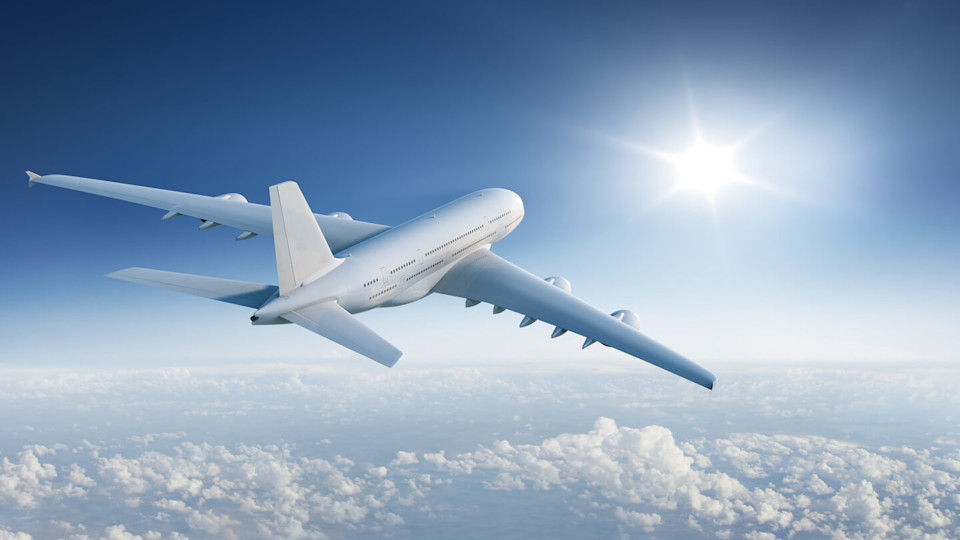
Holiday accident claims
The Montreal Convention: What can you claim for?
The Montreal Convention creates strict rules for how airlines handle passenger claims. If you’ve been injured during a flight, you may be wondering what to do next. Here, our experts explain your next steps, and how the Montreal Convention protects your rights.
What is the Montreal Convention?
The Montreal Convention 1999 sets out strict rules for how airlines handle passenger claims for luggage delay, loss or damage , as well as liability in death or injury.
The Montreal Convention applies to all international flights between countries and territories that honour the regulation. Currently, over 135 countries and territories (all member states of the European Union and a large majority of the UN member states) abide by the Montreal Convention.
What are my rights when flying?
When you are flying, you are entitled to expect a certain level of efficiency and safety. This expectation is backed by international travel laws. Airline operators are responsible for your safety and the safety of your belongings - a duty of care that is outlined in the Montreal Convention.
Under this treaty, airlines are strictly liable for damages up to a certain threshold, and may be held fully liable if negligence can be proven. This means that if an airline fails to meet its obligations, whether through mishandling luggage, causing undue delays, or compromising passenger safety, you may be entitled to compensation.
What does the Montreal Convention cover?
Some examples of claims you can make under the convention include:
- Overhead locker door injuries
- Overhead baggage falling
- Slips or trips – on or off the plane
- Burns or scalds from food service
- Trolley accidents
- In-flight turbulence
- Heavy landings
- Injuries caused by other passengers
- Allergy reaction to in-flight meals
At first glance the regime seems to be very consumer friendly but matters get a little trickier when attempting to establish that an accident has occurred. This is because the passenger needs to prove:
- The accident itself was unusual or unexpected (outside the ordinary course of events)
- The accident was external to the passenger (it was not caused due to their internal reaction i.e. Deep Vein Thrombosis)
- The accident took place upon the aircraft or during the process of embarkation or disembarkation
Am I eligible to make an airline accident claim under the Montreal Convention?
You may be eligible to make a claim under the Montreal Convention if you meet certain criteria.
Firstly, your flight must have been an international flight as the Montreal Convention only applies to international flights between countries that are signatories of the treaty. It can, however, also apply to domestic changes of an international trip (e.g. Manchester to London as part of a Manchester to New York trip)
As well as this, the incident must have happened on the aircraft or while getting on or off the aircraft, and it must have been an ‘accident’. This means it must have been an unexpected or unusual event that caused a passenger's injuries.
How long do I have to make an airline accident claim?
The Convention has a strict time limit for which you can bring a claim which is two years from the date of the accident. It is advisable, however, that if you have been injured upon an aircraft, or during embarkation, or disembarkation, that you seek advice on making a claim without delay.
Expert legal support from our award-winning travel solicitors
No one books a flight expecting to be injured but unfortunately it does happen. Personal injury can be horrific and life changing, so it important to know you are not alone.
Our team of leading experts are exclusively focused on handling cases related to accidents that happen outside of the United Kingdom. This singular focus ensures you receive the highest level of expertise and attention for your unique situation.
To speak to our experts about an airline accident claim, call us on 0330 041 5869 or contact us online here.



